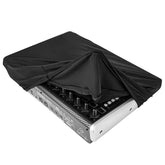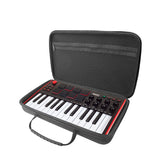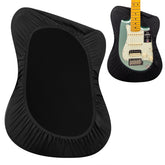Enhancing Piano Performance: Listening, Singing, and Thinking
by
linzz
20 Feb 2024
During piano lessons, it's common to hear teachers emphasize the need for whole-hearted engagement in playing. Only by doing so can one truly achieve accuracy in pitch, rhythm, and convey the emotions inherent in the music, making it more emotionally compelling.
Authentic piano playing requires more than just manual dexterity; it also involves coordination between ears, mouth, and brain. In the process of playing, one must not only listen and sing but also think, which constitutes a deeper level of performance.
Listening:
Some students often overlook the importance of listening while practicing, assuming that the sounds they produce are correct without paying attention to the nuances of each note. By learning to discern the meaning behind each note and being able to reproduce it during performance, music becomes more vibrant and alive.
Singing:
Singing notation typically takes two forms: vocalizing with the mouth or silently singing along in one's mind. For beginners, it's advisable to start with vocalizing as it helps identify subtle issues and improves sight-reading abilities. Once a certain level of proficiency is reached, internal singing aids in better auditory perception and emotional engagement with each note played, significantly enhancing performance quality.
Thinking:
In addition to listening and singing, thinking is a crucial step in piano practice. Many students spend hours practicing the same piece with minimal improvement because they fail to actively analyze their mistakes, merely repeating the same exercises.
After completing a practice session, it's essential to pause and reflect: What shortcomings were present during the previous run-through? What aspects could be improved? These questions require deep contemplation. Subsequently, during the next practice session, focus should be placed on correcting and overcoming the identified errors and challenges. This method of learning is the most effective approach to piano practice.






